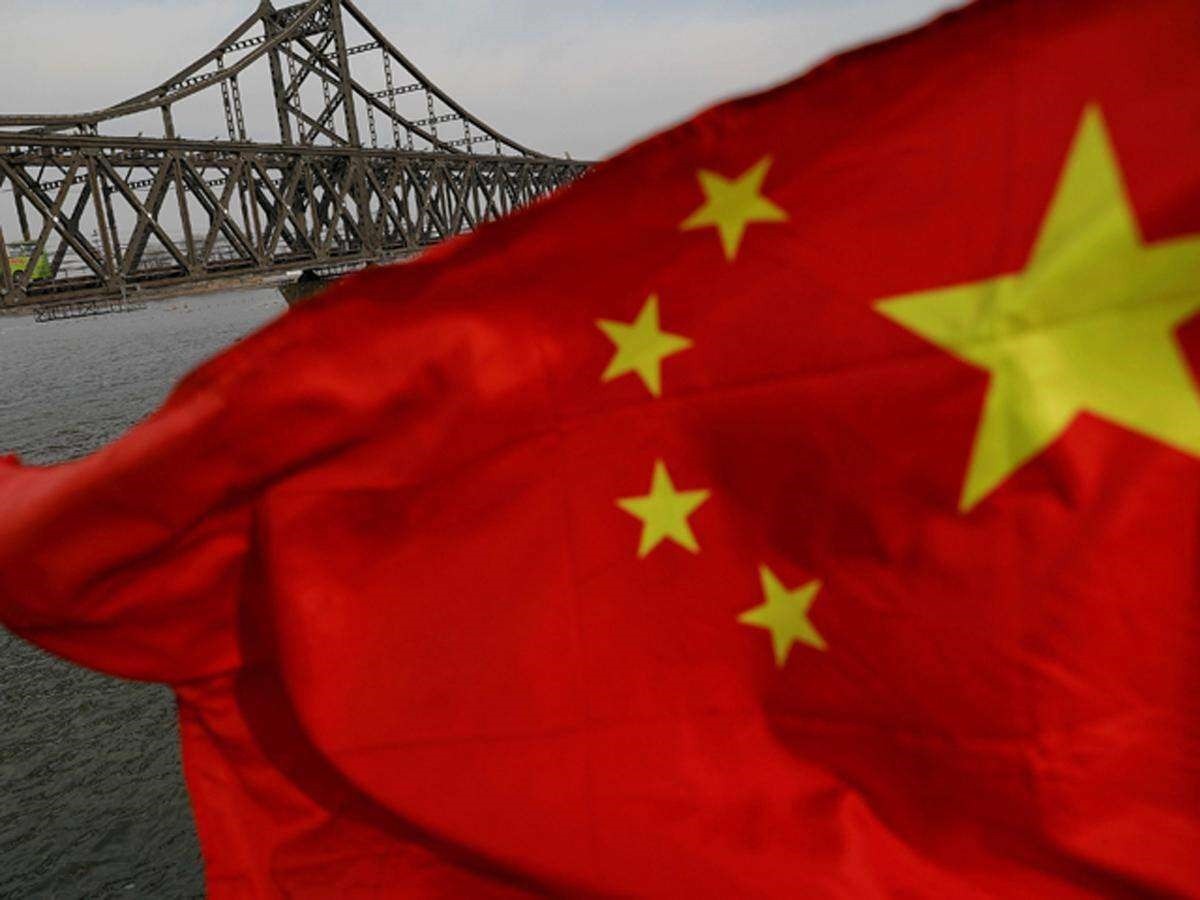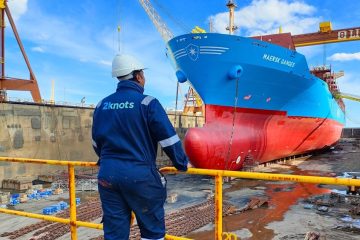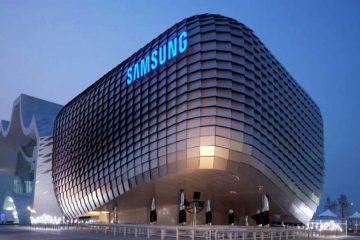China extends a warm welcome to US CEOs

This week, China has been engaging in an annual spring ritual of pitching Western corporate executives on China’s possibilities. This year, though, more senior-than-usual officials have acknowledged the growing concerns about China’s economy, which is a change from previous years.
At the China Development Forum, a government-sponsored economic and commercial conference that takes place every March in China’s capital, Chinese Premier Li Qiang gave a keynote speech on Sunday to a crowd that included senior executives from international corporations including Qualcomm, Apple, and McKinsey.
The world’s second-largest economy has witnessed growth slowdown, foreign investment decline, and growing concerns about the security environment. This year’s forum, which has been attended by Li, China’s No. 2 official and the highest-ranking leader to address it since its inception in 2000, suggested that the stakes were elevated for China.
In his talk, Li, as anticipated, bragged about the country’s enormous market and its potential for future expansion. His admission that China confronts growing dangers in the real estate market and with local government debt was even more startling, since it confirmed many of the concerns that have discouraged international executives from getting involved.
The Wall Street Journal states that Xi Jinping will be speaking to an audience later this week following the event. This is a once in a lifetime chance for high-ranking American businesspeople to hear directly from Li’s boss, the most powerful leader of China in a generation.
Many of the CEOs are now wondering if these gestures will have any real impact beyond being mentioned during conference speeches. Li addressed some of the concerns voiced by the international business sector and quickly added that China would address the issues, but he did not provide many additional information. Concerns about security and China’s overcapacity have been major worries for many international companies, but he avoided openly addressing them.
Still, the interaction shows how eager China is to get international businesses to lift their investment embargo. After years of a trade battle between the US and China, three years of border closures due to the pandemic, and a mediocre reopening following the COVID-19 epidemic, many international corporations have placed fresh investments into China on hold.
A protracted slowdown in the property sector has wrecked havoc on consumer confidence, leading to one of the lowest levels of GDP growth in decades—5.2 percent—in China last year.
American companies are understandably worried about the increased attention they are receiving at home over their presence in China, especially in light of Xi’s increasing focus on national-security concerns. These concerns have been heightened by a slew of high-profile raids, detentions, and other incidents.
Due to the challenges, FDI dropped 8% in 2023 compared to the previous year, measured in yuan. With a 20% drop in yuan terms compared to the same period in 2023, the fall has intensified in the first two months of this year.
Chinese authorities have ramped up their attempts to reacquaint themselves with corporate moguls as new investment has dried up. Last week, Wang Wentao, China’s minister of commerce, met with around twelve international CEOs, including Sanjay Mehrotra of Micron, Cristiano Amon of Qualcomm, and Tim Cook of Apple. Many international companies have long hoped for China to relax its regulations on the export of certain types of trade, cross-border transportation, and transnational manufacturing data; this new policy follows last week’s announcement of an action plan by the State Council, China’s cabinet, to entice foreign investment.
Executives from other countries who attended the event expressed optimism about these developments but expressed a need for more action.
Roland Berger’s Denis Depoux, a global managing director based in Munich, lauded Li for providing an honest appraisal of China’s economic issues, which he said was a good place to start. He finally said it: we can have a conversation about the real problem now.
According to Sean Stein, chairman of the American Chamber of Commerce in China, CEOs are still waiting for further reform measures before making any changes to their investment plans.
In addressing the Chinese officials, Stein, a senior consultant at the Public Policy Practice at Covington & Burling, which counsels businesses on regulatory and legal concerns, stated that they are conveying the correct signals. However, at this time, those indications just aren’t sufficient to cause a sea change in perspective on investment.
While Li did not specifically address the national-security concerns of foreign corporations in his speech, Evan Greenberg, CEO of Chubb and co-chairman of the China Development Forum, did so in his speech that followed Li’s.
Greenberg upheld the authority of Chinese leaders to pursue their own notions of national security and highlighted the vital role of the private sector in assisting China in accomplishing its objectives.
He asserted that China continues to rely on foreign investment, technology, and expertise.










